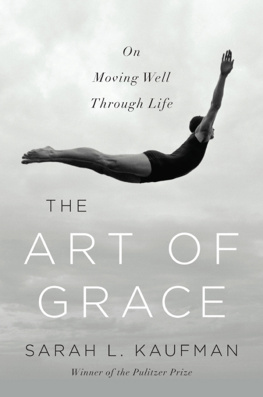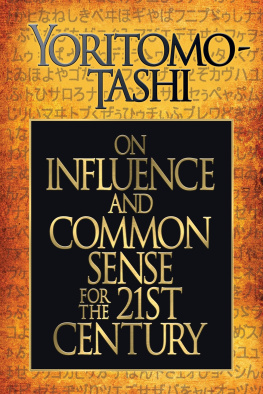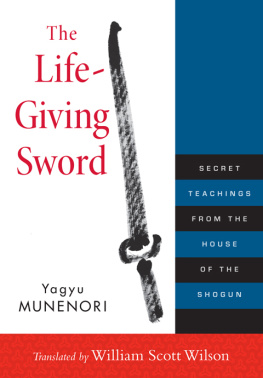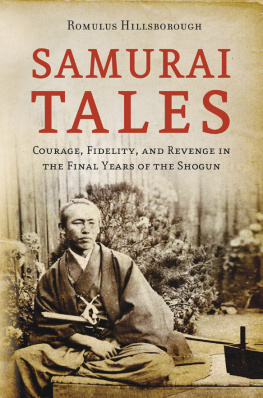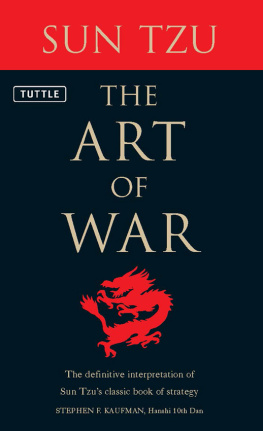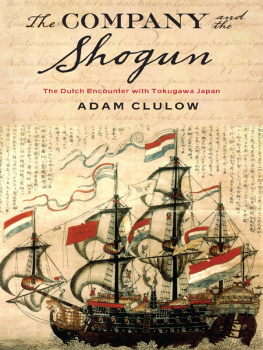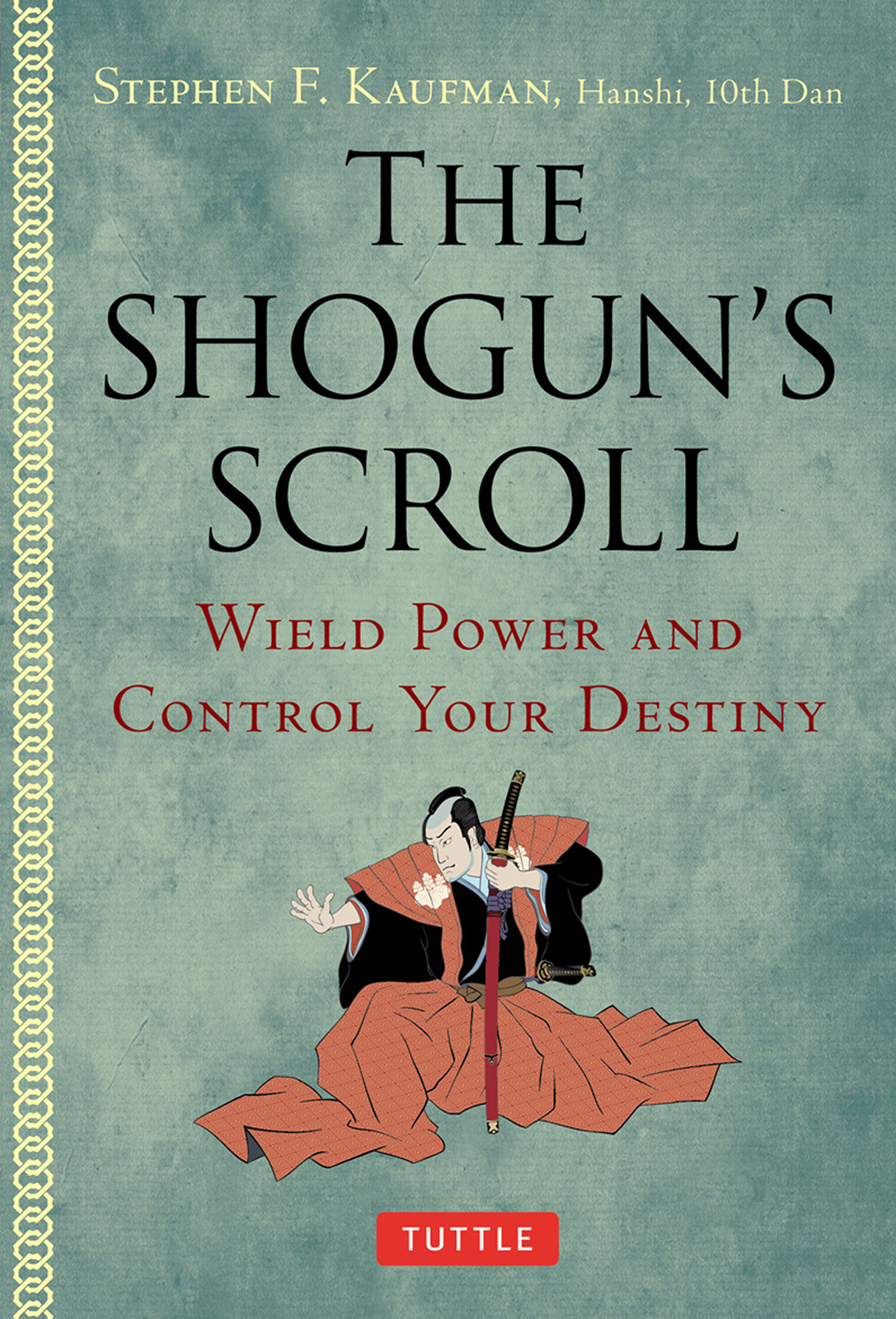
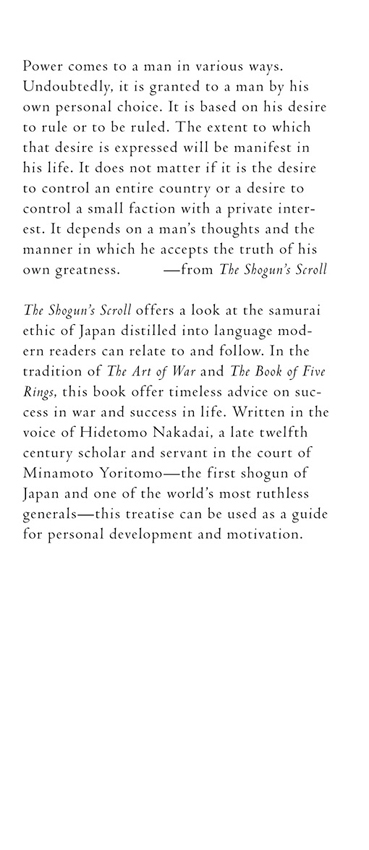

The Tuttle Story: Books t o Span the East and West
Most people are surprised when they learn that the worlds largest publisher of books on Asia had its beginnings in the tiny American state of Vermont. The companys founder, Charles Tuttle, came from a New England family steeped in publishing, and his first love was booksespecially old and rare editions.
Tuttles father was a noted antiquarian dealer in Rutland, Vermont. Young Charles honed his knowledge of the trade working in the family bookstore, and later in the rare books section of Columbia University Library. His passion for beautiful booksold and newnever wavered through his long career as a bookseller and publisher.
After graduating from Harvard, Tuttle enlisted in the military and in 1945 was sent to Tokyo to work on General Douglas MacArthurs staff. He was tasked with helping to revive the Japanese publishing industry, which had been utterly devastated by the war. After his tour of duty was completed, he left the military, married a talented and beautiful singer, Reiko Chiba, and in 1948 began several successful business ventures.
To his astonishment, Tuttle discovered that postwar Tokyo was actually a book-lovers paradise. He befriended dealers in the Kanda district and began supplying rare Japanese editions to American libraries. He also imported American books to sell to the thousands of GIs stationed in Japan. By 1949, Tuttles business was thriving, and he opened Tokyos very first English-language bookstore in the Takashimaya Department Store in Ginza, to great success. Two years later, he began publishing books to fulfill the growing interest of foreigners in all things Asian.
Though a westerner, Charles Tuttle was hugely instrumental in bringing knowledge of Japan and Asia to a world hungry for information about the East. By the time of his death in 1993, he had published over 6,000 books on Asian culture, history and arta legacy honored by Emperor Hirohito in 1983 with the Order of the Sacred Treasure, the highest honor Japan bestows upon non-Japanese.
The Tuttle company today maintains an active backlist of some 1,500 titles, many of which have been continuously in print since the 1950s and 1960sa great testament to Charles Tuttles skill as a publisher. More than 60 years after its founding, Tuttle Publishing is more active today as at any time in its history, still inspired by Charles core missionto publish fine books to span the East and West and provide a greater understanding of each.



Published by Tuttle Publishing, an imprint of Periplus Editions (HK) Ltd.
www.tuttlepublishing.com
Copyright 2006 Stephen F. Kaufman
All rights reserved. No part of this publication may be reproduced or utilized in any form or by any means, electronic or mechanical, including photocopying, recording, or by any information storage and retrieval system, without prior written permission from the publisher.
Library of Congress Cataloging-in-Publication Data
Kaufman, Steve, 1939
The shoguns scroll : master your mind and control your destiny / Stephen F. Kaufman, Han
shi, 10th Dan.
p. cm.
ISBN: 978-1-4629-0783-0 (ebook)
1. Education of princes--Japan. 2. Shoguns. 3. Minamoto, Yoritomo, 1147-1199. 4. Nakadai,
Hidetomo. 5. Martial arts--Philosophy. I. Title.
JC393.K385 2012
650.1--dc23
Distributed by
2011043080
North America, La tin America & Europe
Tuttle Publishing
364 Innovation Drive
North Clarendon, VT 05759-9436 U.S.A.
Tel: 1 (802) 773-8930
Fax: 1 (802) 773-6993
www.tuttlepublishing.com
Japan
Tuttle Publishing
Yaekari Building, 3rd Floor
5-4-12 Osaki, Shinagawa-ku
Tokyo 141 0032
Tel: (81) 3 5437-0171
Fax: (81) 3 5437-0755
www.tuttle.co.jp
Asia Pacific
Berkeley Books Pte. Ltd.
61 Tai Seng Avenue #02-12
Singapore 534167
Tel: (65) 6280-1330
Fax: (65) 6280-6290
www.periplus.com
15 14 13 12 11 6 5 4 3 2 1 1111RP
Printed in China
TUTTLE PUBLISHING is a registered trademark of Tuttle Publishing, a division of Periplus Editions (HK) Ltd.
This i s for my mother
Dell Kaufman
Y ou were right all along, abs olutely!
Contents
A Gift to Minamoto Yoritomo
How Power Comes To Be
Private and Public Domains
Combining Domains Creates Natural Dissension
The Granting of Favors
Further Thoughts on the Wielding of Control
Controlling and Managing by Your Own Ability
Assistance from Without
The Application of Cruelty
The Emperors Good Graces
Resources
Religious Beliefs and the Soul of the People
Mercenary Troops
Auxiliary Troops
The Shoguns Concern with Military Matters
Why Shoguns Are Praised Little and Blamed Much
Generosity and Miserliness
Looting
Revenge
The Absolute Necessity of Protocol
Making Yourself Understood
Countermanding an Order
The Deadliness of Arrogance, Conceit,
and False Pride
No-Thing-Ness
Introduction
This is a work of docu-fiction. As an author, and based on my personal investigations into the teachings of Miyamo- to Musashis Book of Five Rings and Sun Tzus Art of W ar, I have crafted an ancient text written as a historical document that illustrates the workings of the medieval mindset of conquest attributed to Minamoto Yoritomo, the first shogun of Japan, who is considered one of historys most ruthless and savage generals.
Writing in the voice of an advisor to Yoritomo, Hidetomo Nakadai, a regent and scholar of no particular rank or importance other than being a samurai (one who serves) in the court of the Minamoto clan and a retainer to the shogun in the late twelfth century, the Shoguns Scro ll comes to life and is viable as any work of its type at any time in history.
In Yoritomos time, the entire country was in turmoil: countless coups, indescribable conspiracies, and assassinations were an everyday occurrence. It was during this period that the ninja became identifiable. Zen Buddhism had just been introduced into Japan from China by the priest Eisai and it was already making its influence felt, creating religious strife as well. The Minamoto were fighting the Taira clan for control of the government and warfare was constant. It was in this serious state of national debilitation that Nakadai, under constant query by Yoritomo for his thoughts and opinions regarding the state of affairs and rules of conduct in government, puts his ideas into writing. Because of the precarious nature of his court position, Nakadai had to be sure that what he advised the first shogun of Japan was the utmost in correctness. He could make no mistakes if he valued his life.
During the course of history, there have been many attempts at similar truths revealed in different parts of the world. Nakadai was held in very high esteem and did not have to qualify his philosophical position. He maintained himself in an ever higher position in his world and died a very rich and happy man singularly honored by all who knew him and knew of his work.
Next page

